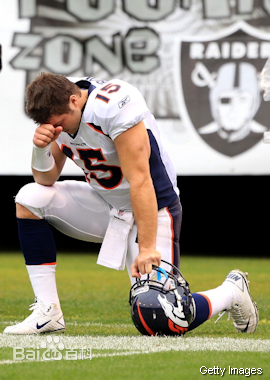Celebrity Seeking for Trademark
Kylie Jenner, the youngest daughter in the super family Kardashian-Jenner girls, has filed two trademarks for “STORMI WEBSTER” (i.e. her daughter's name) and “STORMIWORLD” (the theme of Stormi's first birthday party) on February 13, 2019 with USPTO.
Can those really be trademarks? It seems unbelievable, but they're seeking for registration! All these marks are filed based on “intent to use” and still pending in the examination according to USPTO records for the moment.

Screenshot of Kylie Jenner's Instagram
Actually, it is very common that the celebrities would like to trademark their own names and not only limit to names.
David and Victoria Beckham have not only trademarked their own names, but they also did the same for their children, Brooklyn, Romeo, Cruz and Harper in 2016.
Paris Hilton trademarked not only her name but also her catchphrase "that's hot".
Former NFL backup quarterback Tim Tebow trademarked his praying gesture for “Tebowing” (see a picture herunder).
Taylor Swift even trademarked for her song lyrics or song name like “Shake It Off”, “Blank Space”, "This Sick Beat" and "Nice to meet you. Where you been?"

Tebowing gesture, source: Getty Images
Why are the celebrities passionate about registering trademarks?
If we put the celebrity identity aside, actually, everyone could seek for privacy and public persona through trademark registration.
We, average people, should have the right to control over the commercialization of our own privacy and persona, not to mention the celebrities, who have invested a lot of work in building the recognition in the world of fame.
It is not surprising that those celebrities are crazy about registering trademarks since they have already devoted a lot to establish the influences.
In other words, trademarks could protect the financial integrity of celebrities’ name and other related derivatives.
Registering a trademark allows the celebrity to prevent other people from exploiting it for profit.

Victoria Beckham registered her daughter's name“Harper Beckham”
source: https://us.hola.com
Especially in China, such prior trademark registration strategy is the most economic and effective way to gain the initiatives before the numerous trademark squatters.
Undoubtedly, trademark registration entitles the celebrities the formal upper hand in any legal dispute.
One of the most influential cases regarding the battle of celebrity name was the Capece case in 1998. [Elvis Presley Enters. v. Capece, 141 F.3d 188 (5th Cir. Tex. 1998)] Elvis Presley Enterprises, Inc. appealed a Huston-based bar called “The Velvet Elvis” based on trademark infringement. Now this bar is re-named as “The Velvet Melvin”.

Elvis Presley source: https://elvisthemusic.com
Legal support doesn't mean trademark flooding
If a celebrity would like to maintain the trademark registration, he or she has to use it; otherwise it may be subject to revocation.
Trademark refers to a recognizable sign or symbol used to distinguish goods or services of a particular source from those of others.
Trademark shall not give celebrities encompassing rights to their name, but is limited to the indication of source of the goods and services, which is the trademark's function.
Trademark shall be recognizable in relation to specific goods and services by the public.
That is to say, the celebrities would better to choose the distinctive phrase and related (potential) goods or services that they may have genuine use intentions when trademarking.

Taylor Swift 1989 Album Cover Tour Ringer Tee T-Shirt
source: https://www.amazon.com
For example, it seems no sense of Taylor Swift to register “Nice to meet you. Where you been” or “Could Show You Incredible Things”, because these marks are the normal dialog without distinctiveness to identify the sources of goods and services by consumers.
Under the Trademark Law in most countries, trademark will be vulnerable to be cancelled due to non-use. Furthermore, in some countries, like US, the applicant is required to submit trademark use evidence for the final registration.
Trademarking name or derivatives by the celebrities, the essential protection, is required in the era of social media, however, “no hoarding of trademarks” should also be taken in to account.
After all, it is the usage and promotion that makes the trademark become increasingly distinguishable and valuable.
In conclusion, seeking for trademark protection of the celebrities is a double-edged sword. It may prevent others from exploiting celebrities’individual value and influence.
But in order to preserve the validity, the celebrities have to use the trademark as much as they can.
This forces celebrities to engage in different businesses in return for the right to privacy.
HFG Law&Intellectual Property


